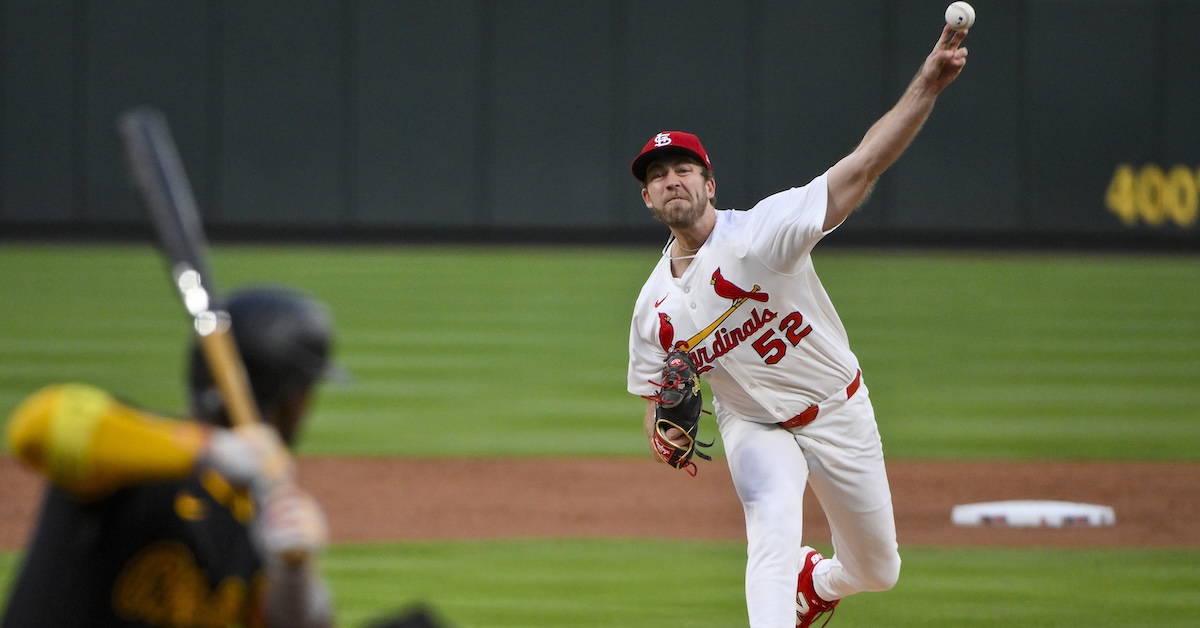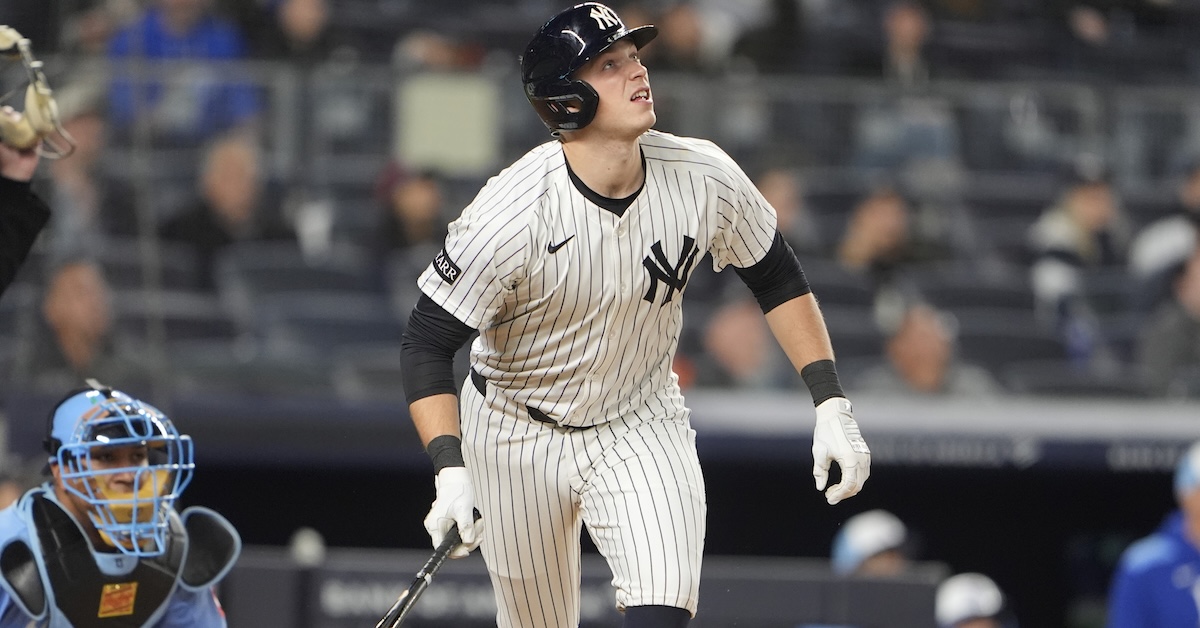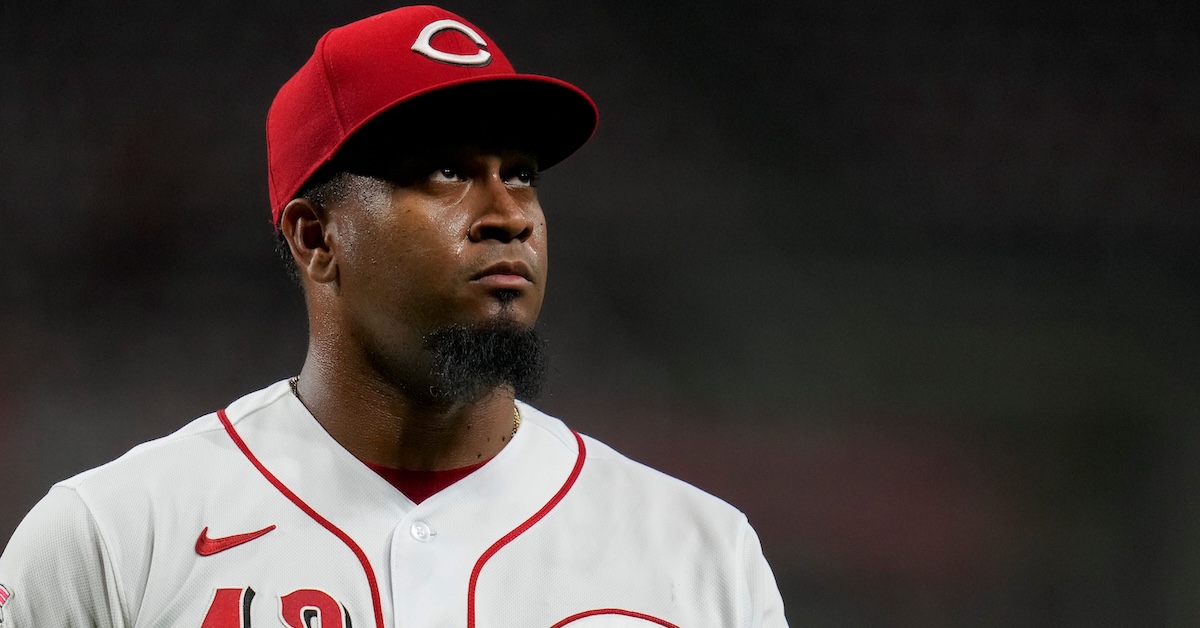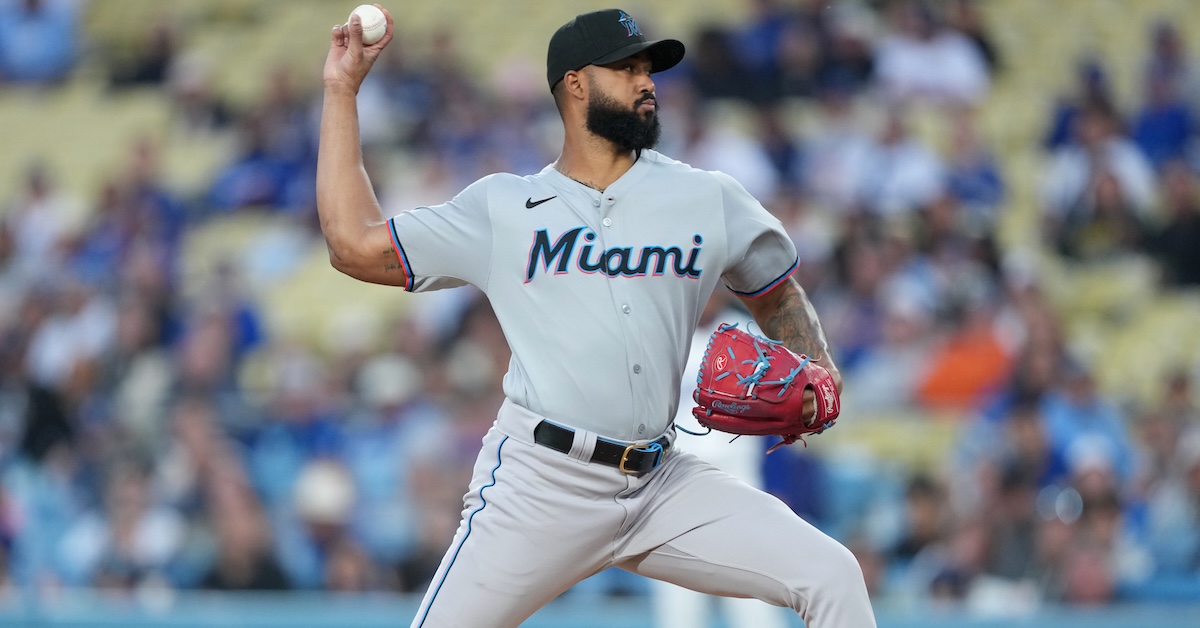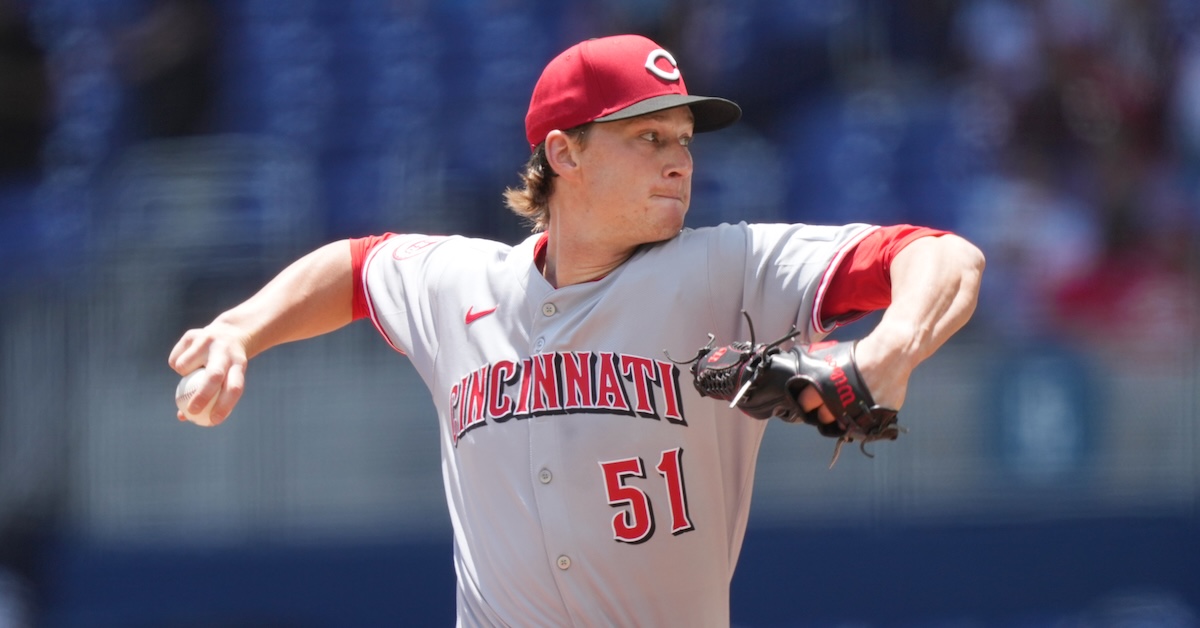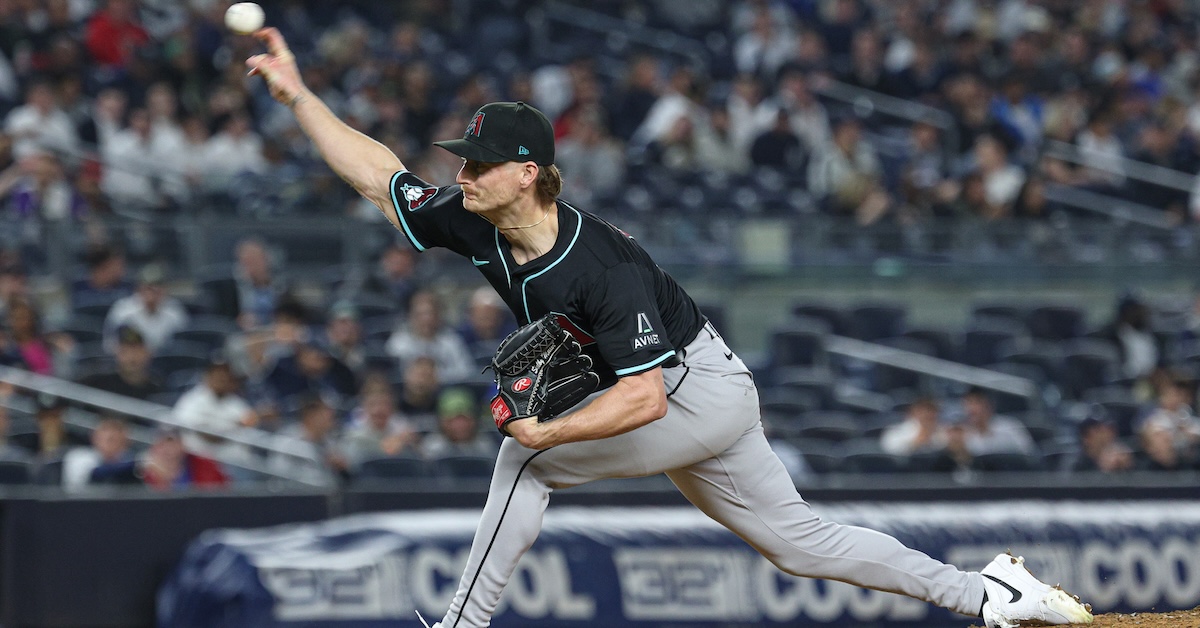The Impossible Quest for Im-Morton-ality
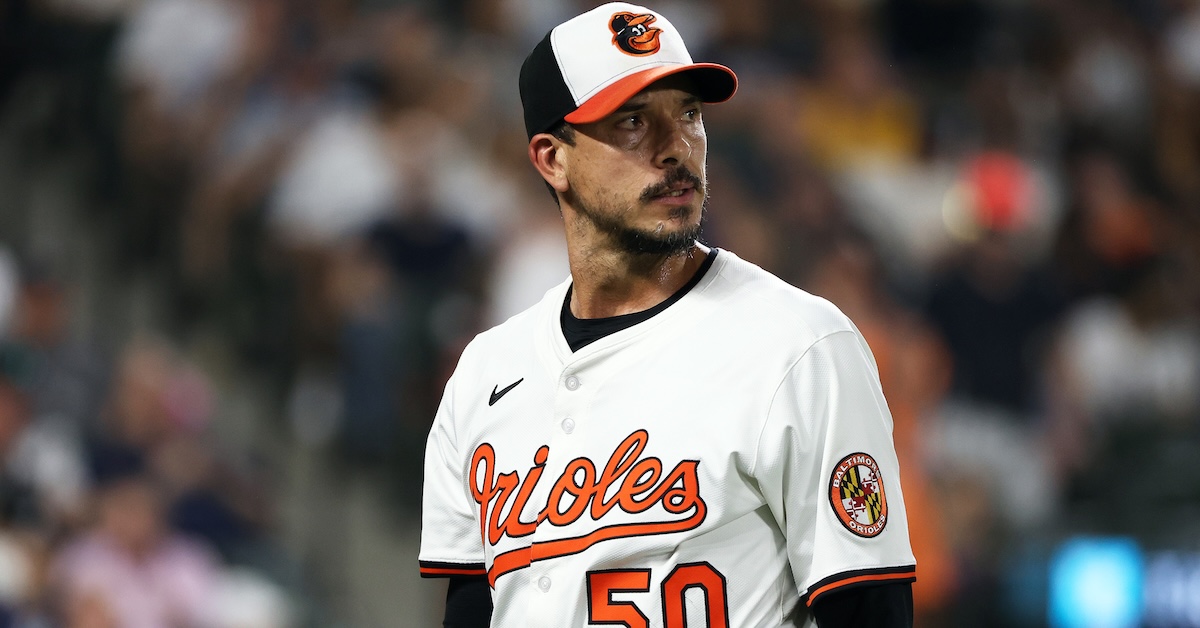
Charlie Morton has been about to retire for a while now. The lanky curveball specialist first made headlines in the early 2010s; he’d been struggling over his first three major league seasons, so he came up with a novel, but hilariously simple, solution: Copy what Roy Halladay was doing. It worked for a while, but injuries piled up, and it wasn’t until Morton landed with the Astros in 2017 that he really, truly put it together.
In the first season of a two-year deal with the Astros, Morton set new career highs in wins, WAR, and strikeouts. He not only won a championship for the first time in his career, he was the winning pitcher in Game 7 of both the ALCS and the World Series, and got the last out of the season in the latter case. He turned 34 five days after the Astros’ championship parade, and by the following spring he was already musing publicly about hanging up his spikes. Read the rest of this entry »
